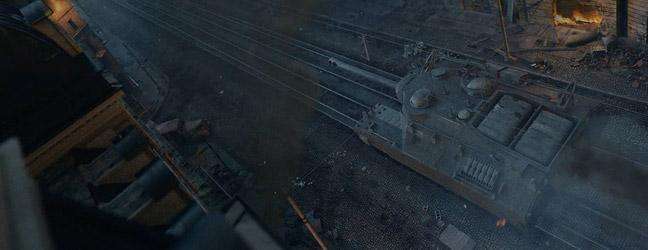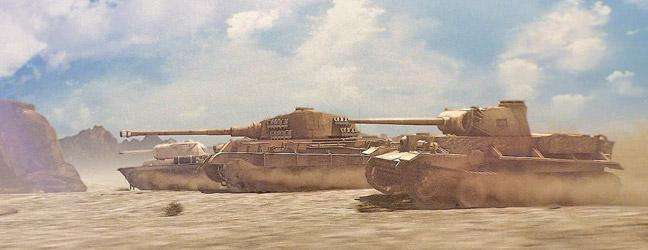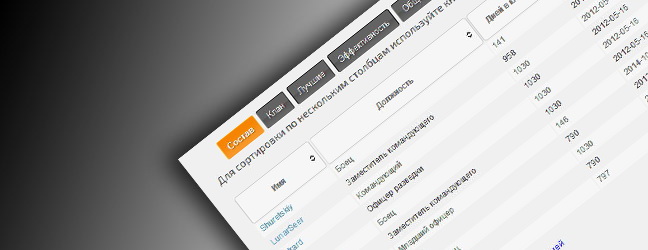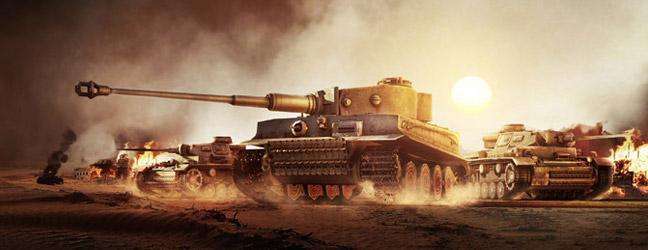Armor - Ballistics
Дата: 30.09.2021 07:38:17
Draschel: Armor rarely is what it is, in these seen and used tests. Case in
point, RHMA, rolled homogenous monolithic armor, is a singular
fashioned or entirely seamed (not laminated) plate. Rolled
homogenous armor, is extremely heavy, and not entirely efficient
for its heavy weight. For example, RHMA doesn't protect too well at
all, VS chemical HEAT jet which is ignited then forcefully
propelled forward at blazing speed, sheering armor. It doesn't
protect too well against physical emanated shock either, like putty
HESH detonating causing vibration and inner spall. Simply put, RHMA
is old and obsolete, but a good standard. A control, for testing
purposes. M318A1 90mm AP round, pretty common in post
war, cold war, nato countries adopting the 90mm gun, could
penetrate nearly 200mm RHMA @ 0'' incident angle, @ 25m. While this
seems thick, it does not include armor perforation performance
against angled targets. Targets with spaced armor profiles, for
deflecting/degrading performance. Laminates, for
deflecting/degrading performance. And of course
ranged degradation, @ 1,500m that 90mm AP shot drops to not
even 150mm, losing 1/4 its pen. By the T-62 tank, the Soviets were
already incorporating lainates into turret cavity and front upper
glacis, bolstering a tanks resilience. That is why the 60s was
quick to introduce and up-gun tanks to 105mm and 120mm guns. The 90
was not enough.
Armor - Ballistics














